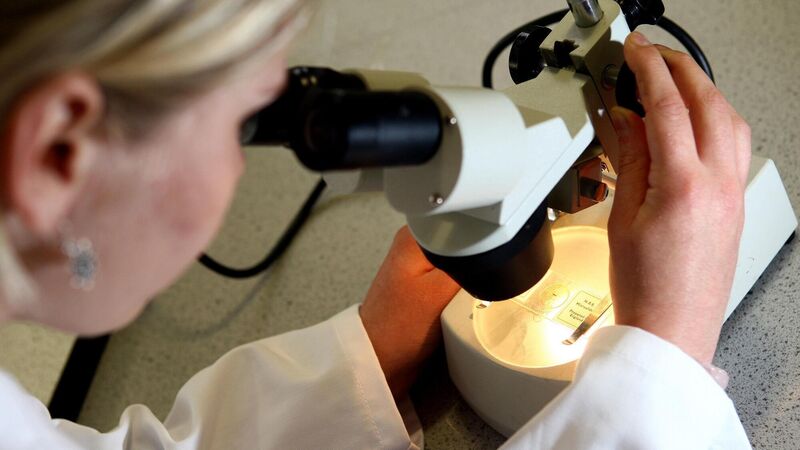Experts find pancreatic cancer tumours can respond to immunotherapy combination

People suffering from a rare, hard-to-treat form of pancreatic cancer could be given targeted immunotherapies, new research suggests.
Fresh hopes have been raised that one of the deadliest forms of cancer may after all be responsive to certain forms of immunotherapy.
Researchers in Texas have found that a three-pronged immunotherapy combination provided encouraging preliminary findings in targeting pancreatic cancer tumours.













